Should You Do Cardio While Bulking? The Potential Pros and Cons
Author:
Unlock your full potential by engaging with our experts and community! Have questions about your fitness journey or looking for expert advice on weightlifting techniques? Don’t hesitate — leave a comment below and David Sasha Schulz will provide a personalized answer and insights to help you reach your goals.
Torokhtiy is reader-supported. Some links are affiliate links, and we may earn a commission at no extra cost to you. See our disclosure page for details.
If you’re looking to put on weight, you may be wondering, should you do cardio while bulking? This is a somewhat polarizing topic, so in this article, we’ll be covering the pros and cons of doing cardio while bulking.
Ultimately, as long as you’re not overdoing it, there really aren’t too many downsides associated with doing cardio while bulking!
Should you do cardio while bulking? While it may seem counterproductive, cardio during a bulk can help with fitness, appetite, and minimizing fat gain. Just be sure you’re not overdoing it and accidentally going into a deficit, which may negatively affect your progress.

Does Cardio Affect Muscle Growth?
So, is cardio bad for bulking? Because there are so many different forms of cardio, this is not a simple yes or no question. As we’ll cover more in-depth below, most forms of cardio on a bulk will not affect muscle gain, and will likely help with your overall fitness, appetite, as well as minimizing the amount of fat you’re putting on.
However, if you’re doing frequent intense cardio sessions, then you may very well be sending yourself into a caloric deficit. Remember that a major factor in muscle growth is how many calories you’re eating. If you’re eating in a surplus, you’ll gain weight; if you’re eating in a deficit, you’ll lose weight.
Therefore, as long as your cardio isn’t sending you into a consistent caloric deficit, it shouldn’t greatly affect your ability to put on muscle. Keep track of your calories, and ensure you’re maintaining a surplus of 250-500 calories. As long as you’re doing this, cardio shouldn’t greatly affect muscle growth.
What Are the Benefits of Cardio During Bulking?
As mentioned above, doing cardio while bulking may have more benefits than you realize. Below we’ll be covering the 4 main reasons you may want to consider implementing cardio into your routine while bulking.
✅ Maintaining Cardiovascular Fitness
Have you ever been bulking and noticed that you get out of breath just going up the stairs? It doesn’t have to be that way!
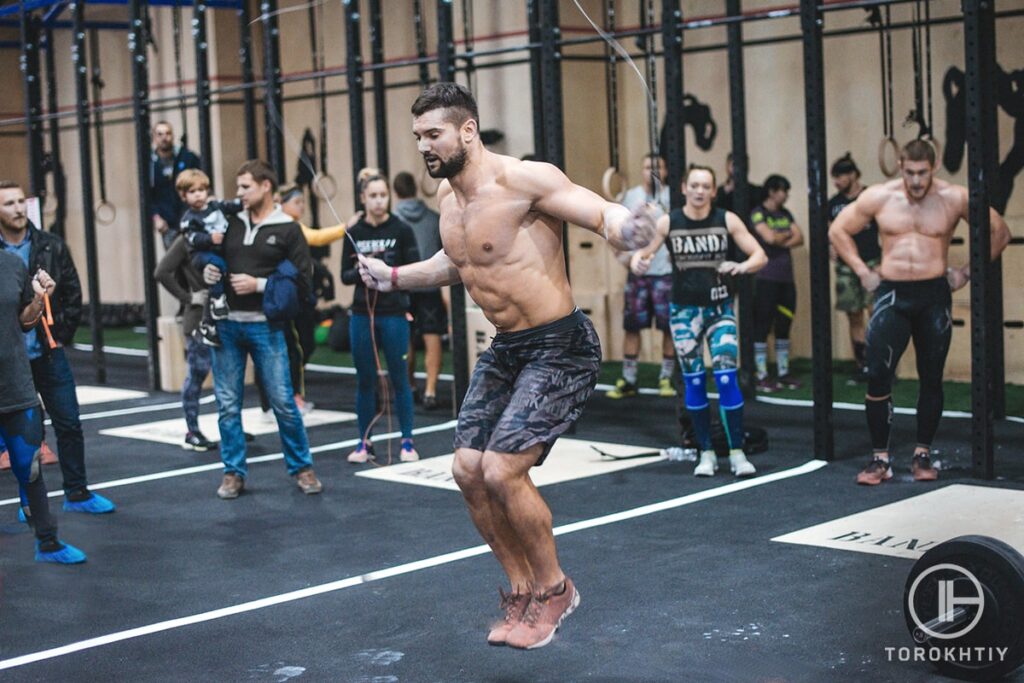
Arguably the greatest benefit of cardio while bulking is increased cardiovascular fitness. If you use bulking as an excuse to be inactive outside of weight training, you will likely become significantly less fit and healthy. Even doing moderate amounts of cardio will help you stay in better shape throughout your bulk.
✅ Active Recovery
Next, low-level cardio is a great way to practice active recovery for especially tough workouts. This increases blood flow and nutrient delivery, as well as reduces muscle soreness. Active recovery can be done intra-workout, immediately post-workout, or in the days following strenuous exercise.
✅ Minimizing Fat Gain
Especially if you struggle with overeating while bulking, cardio can be a great way to minimize fat gain. This is because you can burn a significant amount of calories during cardio, which will help you stay in a more moderate surplus.
Keep in mind this won’t apply to everyone, especially if you struggle to hit a caloric surplus in the first place. However, as we’ll cover below, cardio may still be beneficial for people struggling to eat enough.
✅ Increasing Appetite for Those Who Have Trouble Eating Enough
Doing cardio when you’re struggling to gain weight may seem very counterintuitive, but hear us out. Low-intensity cardio will help stimulate your appetite, allowing you to eat more than enough to offset the calories you burned. In this sense, as long as you’re not overdoing it, mild cardio will help you maintain a more consistent appetite, leading to more weight gain over time.
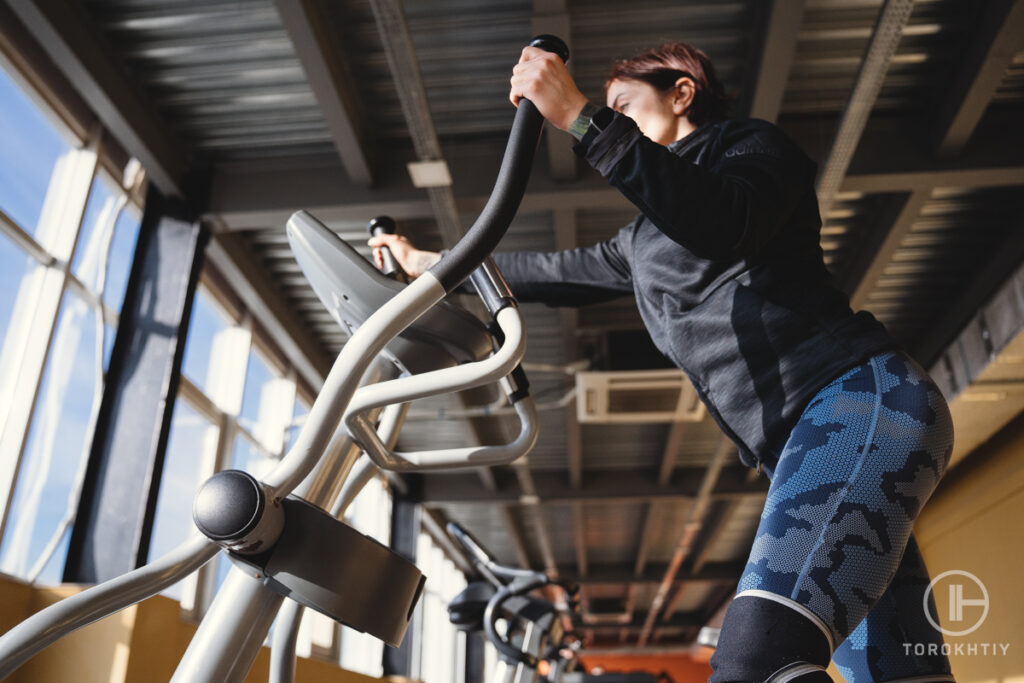
How to minimize the possible negative impact of cardio on muscle growth?
As shown above, there are definitely several notable benefits to doing cardio while training. However, it’s important to keep a few things in mind to make sure you’re not negatively affecting your progress.
1. Don’t Overdo It
First, keep in mind that all the benefits we described above are related to relatively low-intensity cardio. While there’s nothing wrong with the occasional moderate to high intensity session during bulking, if you’re spending hours on hard cardio every week it will take away your energy needed to lift weights and make it more difficult to maintain a caloric surplus.
For example, running burns about twice as many calories as walking, so keep this in mind when planning your cardio schedule!
2. Be Sure You’re Tracking Your Calories
If you’re unsure whether or not you’re overdoing it with your cardio, consider tracking your calories. This not only includes how much food you’re eating, but how many calories you’re burning through exercise. While these measurements likely won’t be perfect, they can give you a rough estimate of any adjustments that need to be made.
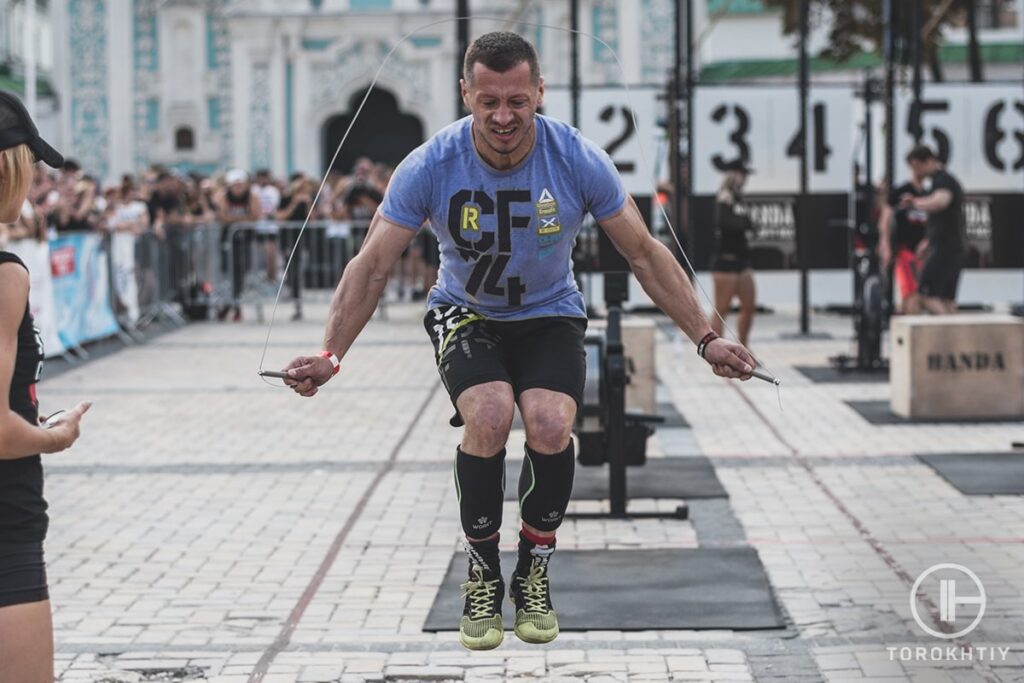
By tracking your calories you may see that you’re not consistently eating in a surplus. As a result, you can either consider eating more to offset the cardio you’re doing, or lowering the frequency/intensity of your cardio. Either way, by making certain adjustments, you can maintain a surplus, and make more consistent progress.
Best Mass Gainer for Bulking
Transparent Labs Mass Gainer
- Suitable for Vegans: No
- Flavors: Chocolate Glaze Donut, Sweet Vanilla
- Calories per serving: 750 KCAL
- Carbs per Serving: 110 grams
- Protein per Serving: 53 grams
- Carb-to-Protein Ratio: 2:1
- Number of Servings: 15
- Serving Size: 194 grams (2 scoops)
- Price per Serving: $5.34
- Company Founded: 2015
- Recommended by Athletes: Hafþór Júlíus Björnsson, Pat Li, PAULINA
Whether or not you plan on incorporating cardio into your bulk, you may benefit from a mass gainer supplement. This is essentially a type of protein powder with added carbs to boost the total calorie content, making them a great tool for bulking. Our top pick for a high-quality mass gainer comes from Transparent Labs.
Each serving of this supplement contains 53g of protein, making it super useful for hitting our recommended protein target of 0.7-1g of protein per pound of body weight every day. There’s also 14g of fat and 110g of carbs for a total of 750 calories.
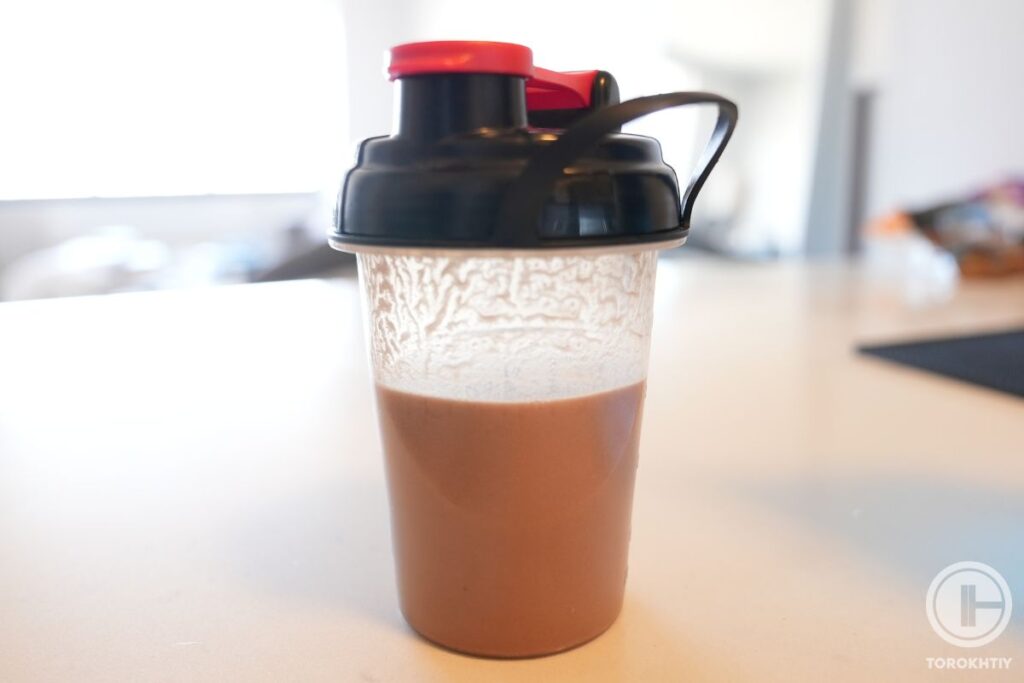
This is a high-quality supplement, with the protein being sourced from grass-fed whey concentrate, and the carbs coming from organic tapioca maltodextrin. Also, there are no unnecessary artificial ingredients included in the formula.
One caveat with all mass gainers is that if you don’t use them properly, they can cause excessive weight gain, leading to potential obesity. We recommend using these supplements as a tool, only when necessary, to help you reach a moderate caloric surplus.
FAQ
Should I Do Cardio if I’m Trying to Build Muscle?
If you’re wondering, “can you do cardio while bulking?” Yes, there are numerous benefits to doing cardio while bulking, including improved cardiovascular fitness, less total fat gain, and a greater appetite. With that being said, we generally recommend relatively low-intensity cardio for these benefits.
If you’re doing frequent, long bouts of high-intensity cardio, you may be hindering your progress instead – so try not to overdo it.
Should I Do Cardio Before or After Exercise When Bulking?
While some light cardio is a great warmup before your main workout, cardio also has a ton of benefits for recovery when done after your workouts. Active recovery, either immediately post-workout, or in the days following strenuous exercise can help improve blood flow and reduce soreness in your muscles.
How Much Cardio Should You Do While Bulking?
Most of the benefits of cardio while bulking will likely come from relatively low-intensity forms of exercise. Think walking or light jogging as opposed to long runs or HIIT. For most people, several 30-60 minute cardio sessions a week should be enough to maintain physical fitness, improve recovery, and stimulate their appetite.
With that being said, as long as you’re eating enough to stay in a surplus, you should be able to do as much cardio as you like. Just be sure you’re not doing so much that you struggle to put in a good effort lifting weight or maintain a caloric surplus, as this will certainly hinder your progress.
Conclusion
Although many people purposely avoid cardio while bulking out of fear that it will kill their gains, there are numerous benefits to implementing some low-intensity cardio into your bulking routine.
Benefits include improved overall fitness, less total fat gain, better recovery, and a larger appetite. Just be sure you’re not doing excessive amounts of cardio, as this may very well send you into a deficit, and limit your progress.
If you are bulking, one of the most beneficial supplements you can use is a mass gainer. If you’re interested in giving this a try, our top pick is from Transparent Labs.
Do you do cardio while bulking? What’s your favorite form of cardio? Let us know your thoughts in the comments below!
Also read:
- Does Mass Gainer Increase Belly Fat
- How to Take Mass Gainer
- Is Oatmeal Good for Building Muscle
- Is Spaghetti Good for Bulking
- Does Mass Gainer Work
- When Is Bulking Season
References
- Colleen Crawford, “Inspire to Move – Active Recovery for Better Workouts”, University of Illinois System, https://www.hr.uillinois.edu/userfiles/Servers/Server_4208/file/Development/Wellness%20Articles/InspireToMoveJune2021.pdf (Accessed January 17, 2024)
- Mayo Clinic Staff, “Exercise for weight loss: Calories burned in 1 hour“ Mayo Clinic, https://www.mayoclinic.org/healthy-lifestyle/weight-loss/in-depth/exercise/art-20050999 (Accessed January 17, 2024)
- Everson A. Nunes, et. al, “Systematic review and meta-analysis of protein intake to support muscle mass and function in healthy adults,” Journal of Cachexia, Sarcopenia and Muscle, 13, 795–810, (2022)
- Brad Heins, “Grass-Fed Cows Produce Healthier Milk”, University of Minnesota, https://extension.umn.edu/pasture-based-dairy/grass-fed-cows-produce-healthier-milk (Accessed January 17, 2024)
- Obesity Prevention Source, “Health Risks,” Harvard T.H. Chan School of Public Health, https://www.hsph.harvard.edu/obesity-prevention-source/obesity-consequences/health-effects/ (Accessed January 17, 2024)
Why Trust Us?
With over 20 years in Olympic weightlifting, strength training, nutrition coaching, and general fitness our team does its best to provide the audience with ultimate support and meet the needs and requirements of advanced athletes and professional lifters, as well as people who strive to open new opportunities and develop their physical capabilities with us.
By trusting the recommendations of our certified experts in coaching, nutrition, and sports training programming, as well as scientific consultants, and physiotherapists, we provide you with thorough, well-considered, and scientifically proven content. All the information given in the articles concerning workout programming, separate exercises, and athletic performance, in general, is based on verified data.
The product testing process is described in more detail here.
Author: David Sasha Schulz
Doctor of Chiropractic, BSc Human Biology, CSCS
Strength coach (CSCS) – 10 years
Sasha is a Chiropractor and Kinesiologist practicing in Kelowna, BC, Canada. He has been practicing Chiropractic since 2019, integrating manual therapy, strength training and programming principles, and nutritional strategies to get his patients optimal results. He currently scratches the competitive itch in fitness, and the occasional endurance race, and plays golf and snowboards for fun. He has an interest in all strength and fitness-related sports.



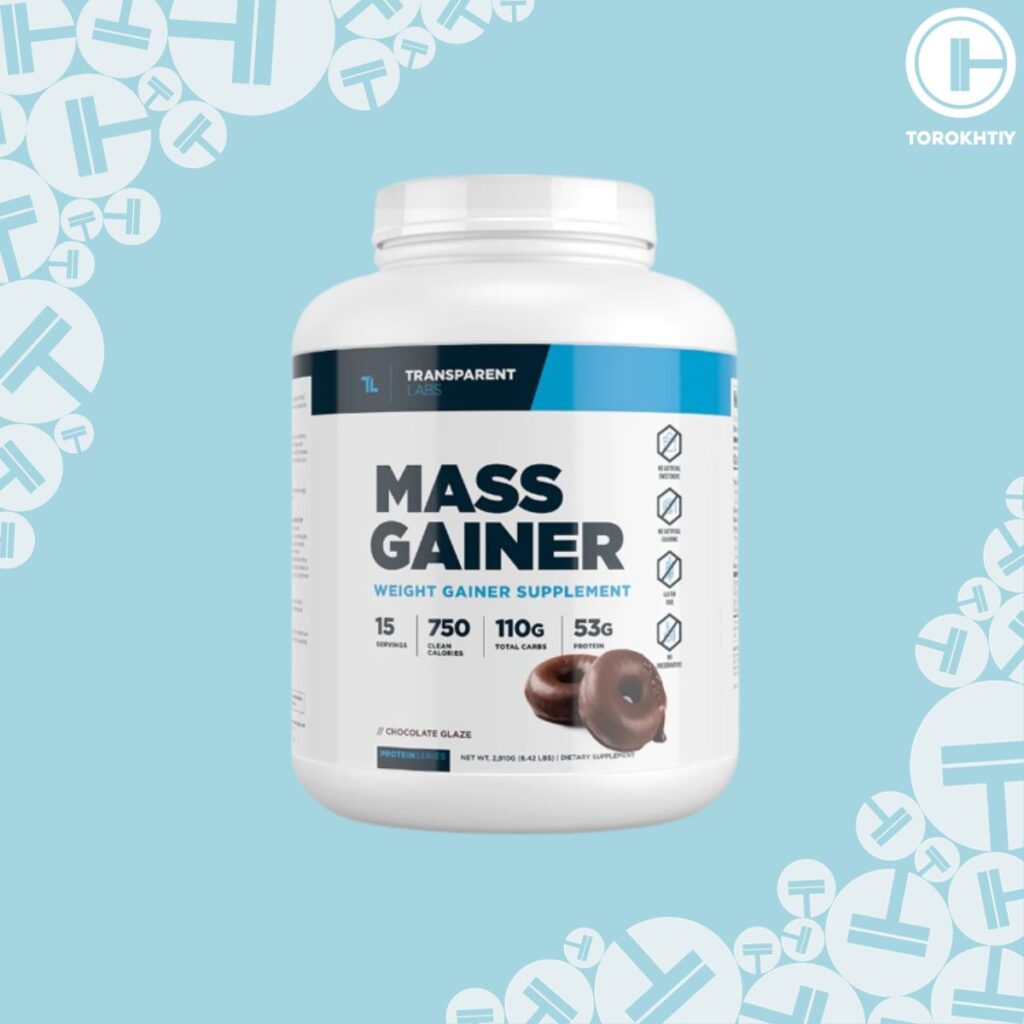
Still have questions after reading our article? Unlock your full potential by engaging with our experts and community! Don’t hesitate — leave a comment below and David Sasha Schulz will provide a personalized answer and insights to help you reach your goals.